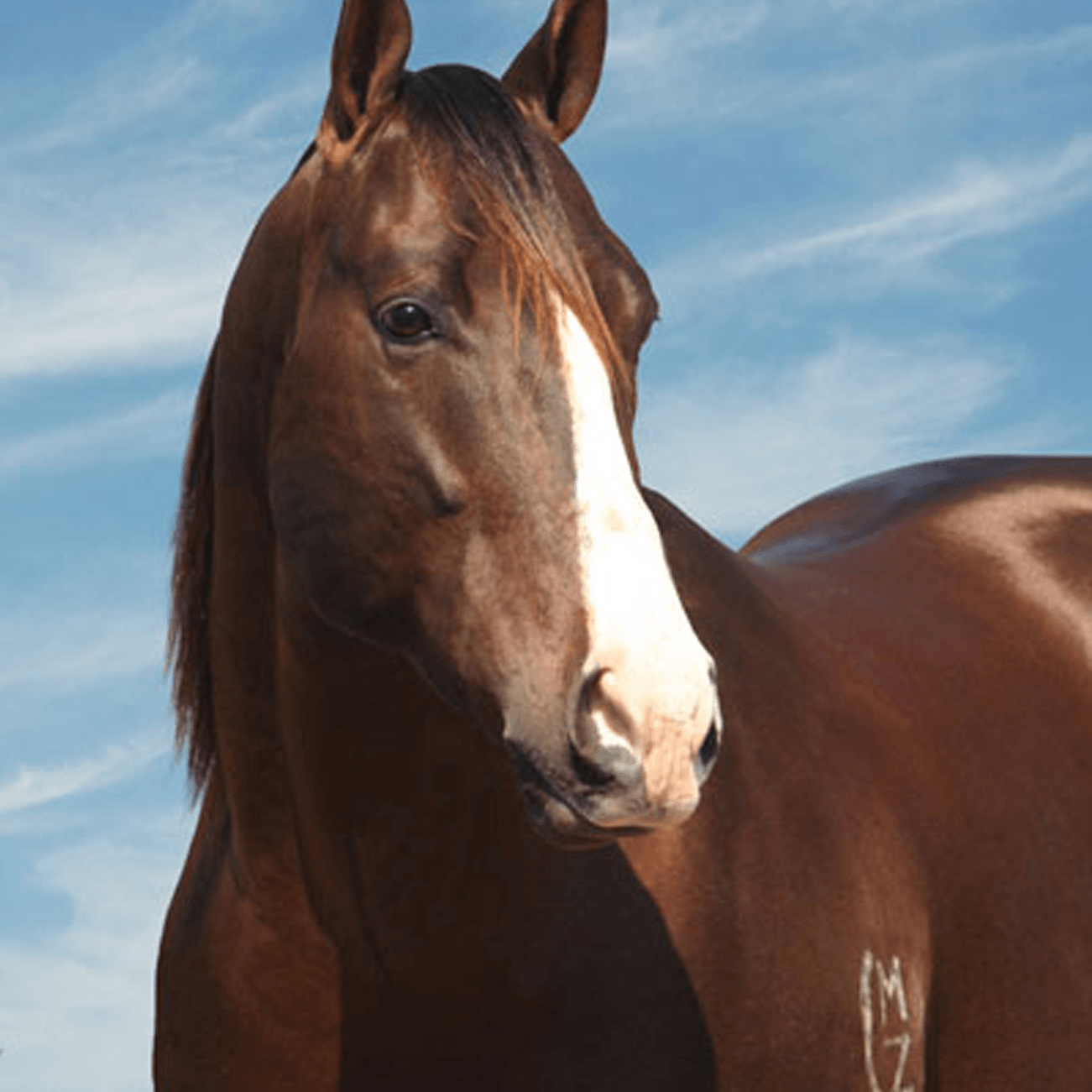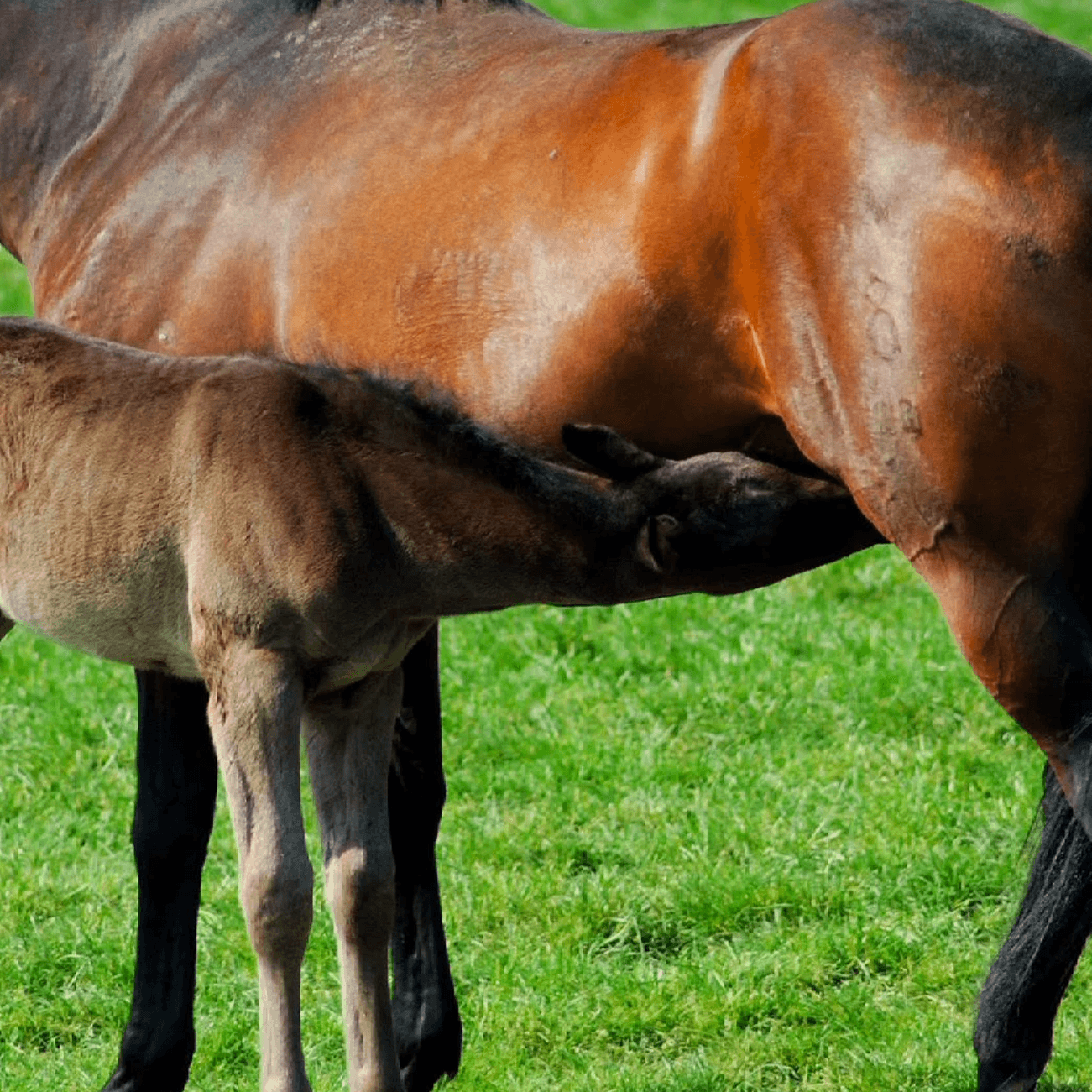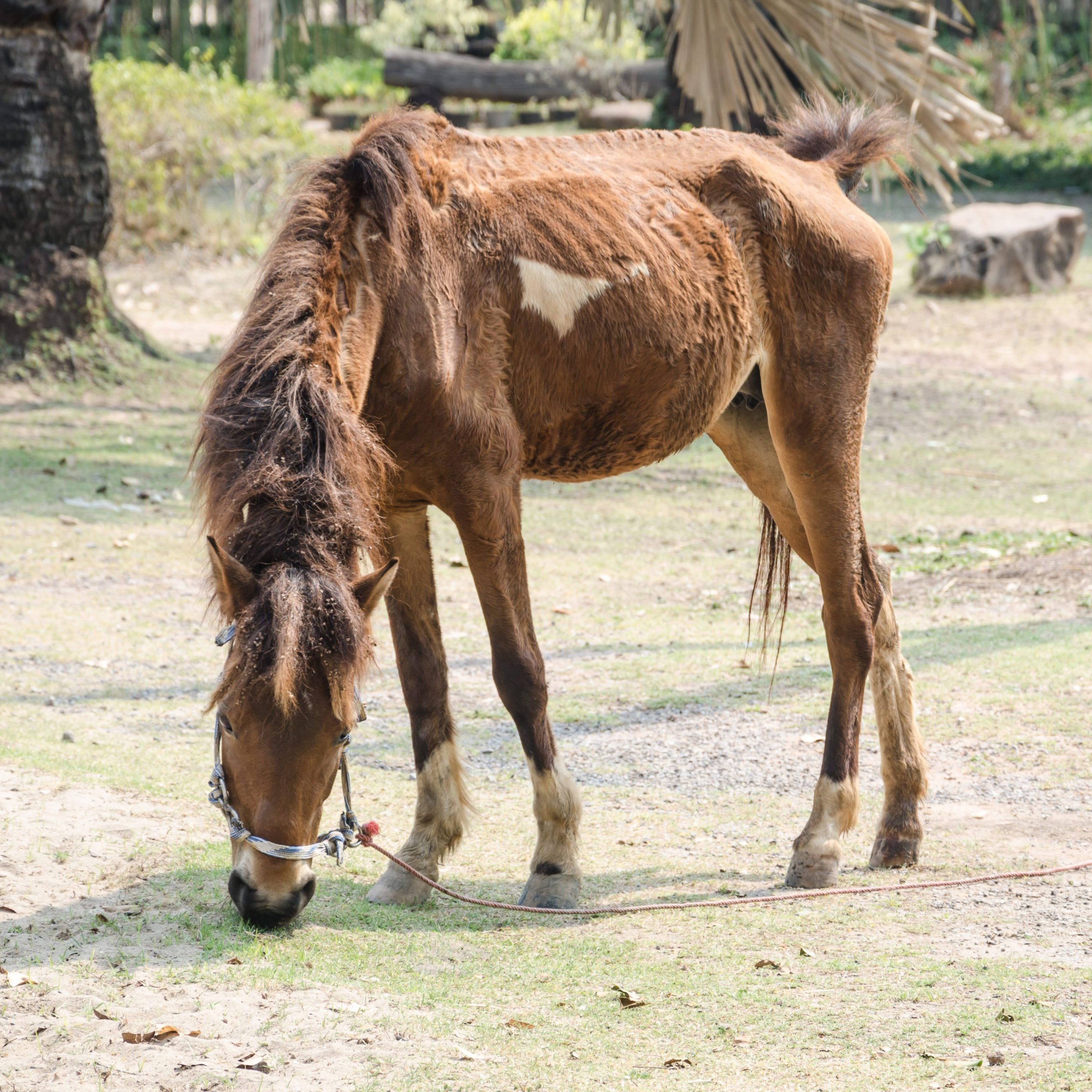Featured
Equine Water Consumption
Did you know a horse can survive up to one month without food, but only 48 hours without water before developing life-threatening symptoms of colic? Seeing as water is crucial for your horse’s health and survival, it’s essential to get the daily water requirements for your horses right every time. Keep reading to learn more about equine water intake and how to prevent water consumption issues in horses.
Daily Water Requirements for Horses
It’s important to start with a baseline knowledge of how much water your horse drinks in one day. Typically, horses will consume between 20 and 55 liters of water per day, but amounts can vary based on living conditions and climate. For an individually stabled horse, needing to fill water buckets two to three times a day indicates healthy water intake. For horses who drink from automatic waterers, you can check for proper hydration in two ways:
- Feeling the moistness of your horse’s gums — if their gums feel dry, they are dehydrated.
- The pinch test — pinch the looser skin on your horse’s neck into a “tent”. If it stays raised and takes more than a fraction of a second to return to normal, that may be a sign of dehydration
It’s also important to make sure all horses in your stable or pasture have equal access to abundant amounts of drinking water. Having multiple water stations will help facilitate smooth water intake for your entire herd. The kind of feed your horse eats will also impact their daily water requirements. Horses who graze in lush pastures will absorb more water from their feed than those who feed mostly on dried feedstuffs. Therefore, grain-fed and hay-fed horses will require larger amounts of water every day.
Why Is My Horse Not Drinking Water?
If you notice some of your horses are not drinking water, you should act immediately to prevent serious health issues from arising. Some causes of a decline in equine water consumption include:
- Too Much Fluoride: Horses do not like the taste and will typically reject water with too high a concentration of fluoride.
- Unfamiliar Bucket or Water Source: A water bucket that smells like anything other than clean, familiar water may cause your horse to reject his water and for his water intake to drop.
- Dirty Drinking Water: Dirty drinking water will taste bad and discourage your horse from drinking. Water buckets should be rinsed daily to keep them clean. Tanks and automatic waterers should be cleaned regularly.
- Nervousness: A nervous horse is less likely to drink than a calm one. Ensuring your horses feel safe is an essential factor to ensure adequate water consumption.
How to Prevent Water Consumption Issues in Horses
Keeping your horses’ water supply clean is the number one way to prevent equine water consumption problems. You can also try things like soaking your hay overnight or adding water to grain to create a mash. Putting a salt or mineral block near their feeder will also encourage drinking. Keeping the living conditions of your horses clean and quiet will further ensure they feel comfortable drinking their daily water requirements in full.
If water intake issues persist, call your veterinarian immediately.
How Zesterra® Can Help Your Horses
Our proprietary product, Zesterra®, helps horses cultivate healthy gut flora and increases absorption. Maintaining your horses’ stomach health is an excellent illness prevention strategy that will keep them eating and drinking the right amounts daily. If you have any questions, contact us today!




